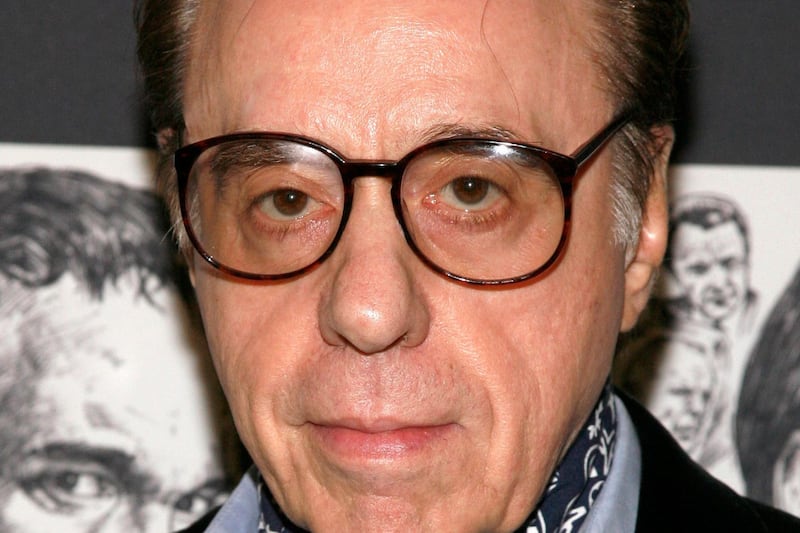Peter Bogdanovich
WITH the death of director Peter Bogdanovich at the age of 82 last week, the movie world lost a true American original.
Like many an auteur, his star burnt brightest early in his career before tailing off markedly, leaving only the occasional spark of genius or well chosen cameo to light up his later years.
The sheer quality of that early work though remains remarkable. Films like What's Up Doc? (1972) and Paper Moon (1973) retain much of the style and panache that made them huge commercial and critical success stories on their original release, but one piece stands out proudly from the flurry of beautiful films the man made in the early 70s.
With the amount of awards bestowed upon it – eight Academy Award nominations and two wins for a start – it would be hard to describe The Last Picture Show as a 'cult' film, but it remains a flawless slice of cinematic beauty all the same. It's also a perfect example of Bogdanovich's ability to craft intelligent, movie literate but populist art that touches the heart and soul in equal measure.
Released in 1971, The Last Picture Show wasn't the first great movie the man made: for that, you'd need to scroll back to 1968 when he released Targets, an oddly prescient tale of the curse of celebrity culture combined with casual serial killing, but it's certainly his most heartfelt and elegiac. Shot in unforgiving black and white, it evokes the spirit of John Ford, Howard Hawks and William Wyler without ever getting lost in a fanboy fog.
Few directors were ever as film literate as Bogdanovich, who penned highly thought of studies on Ford, Hitchcock and Fritz Lang and could count the likes of Orson Welles among his closest friends, but he knew that innate style had to be matched with simple storytelling for true success.
In The Last Picture Show, Ben Johnson plays the patron of a Texas movie house in Anarene, 1951 that's forced to close due to the arrival of television. He's also a kind of father figure to the town's teenagers, who include Timothy Bottoms and Jeff Bridges as brothers Sonny and Duane who fall for manipulative local beauty Jacy, played by Cybill Shepherd.
None of the interweaving relationships portrayed here are straightforward, however, and the result is a film that's about youth but also the older generation's needs. That's rare, and the mood Bogdanovich summons through the endless Hank Williams sad songs which pack out the soundtrack and the dark monochrome film stock he uses is one of huge, almost over-powering melancholia.
Co-written by Bogdanovich with James McMurtry from McMurtry's own novel, it's a love letter to a lost world that aches in the hungry heart of post-war America, but while it's easy to fall for the seductive nostalgia that seeps through every sun-baked scene, it still feels bang on the money in the 21st century, as anyone who has trawled through the deserted main streets and boarded up stores of small town USA today will testify.
The Last Picture Show may not be the only great film Peter Bogdanovich gifted us before the wheels came off, but it's certainly his masterpiece.





